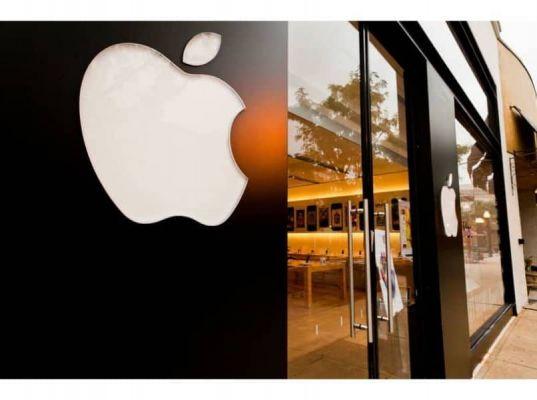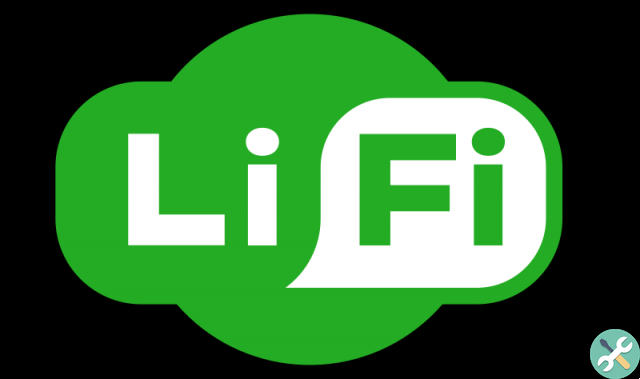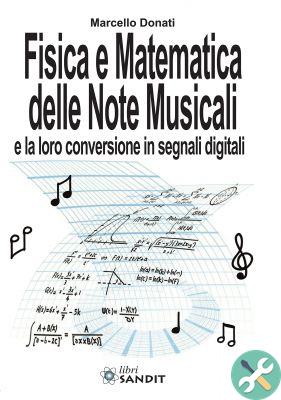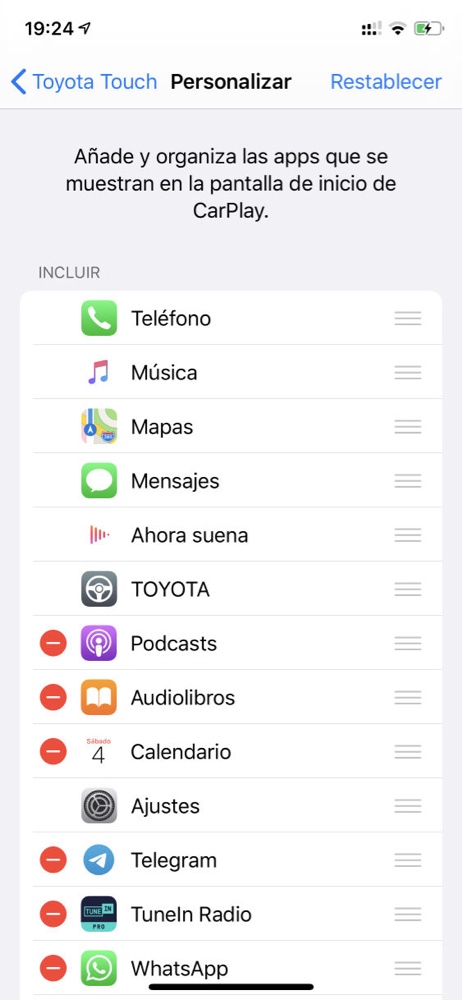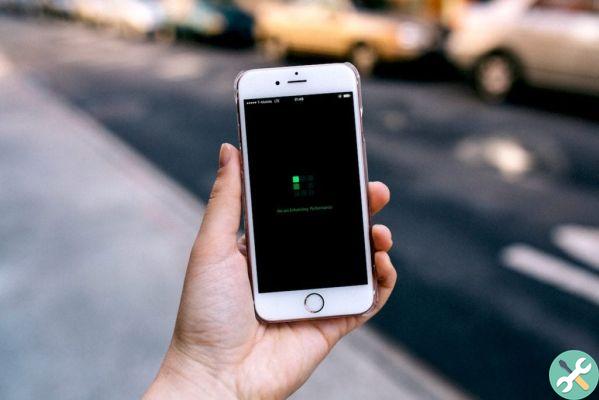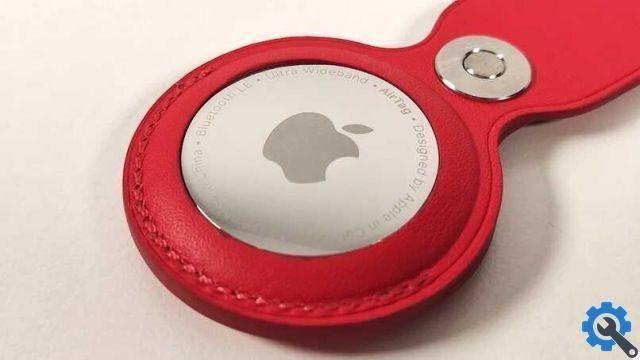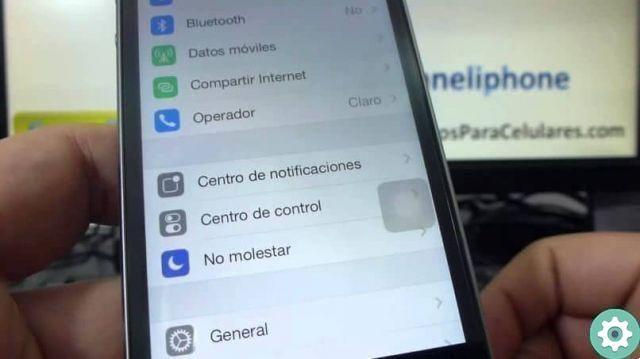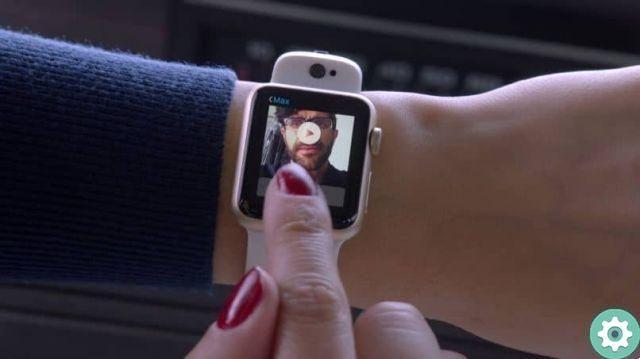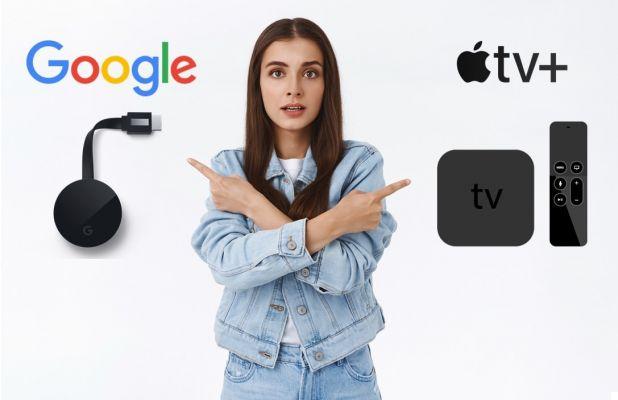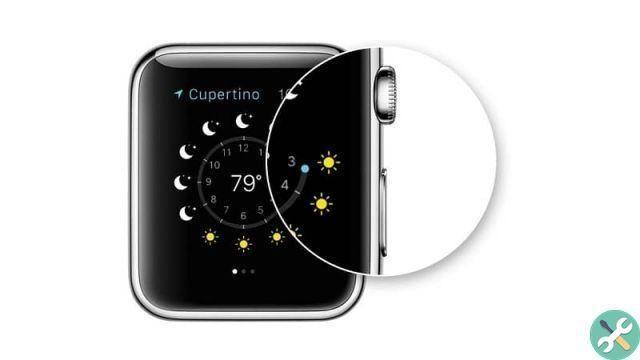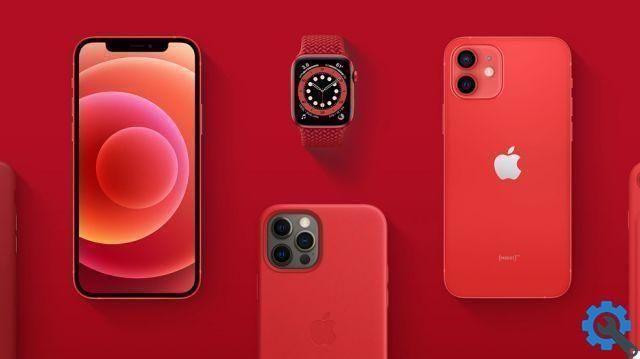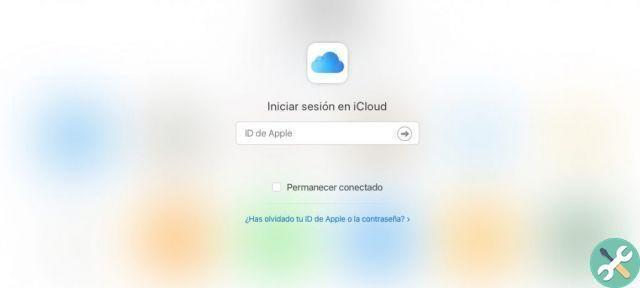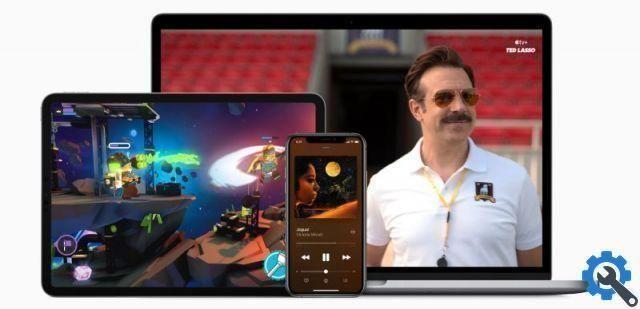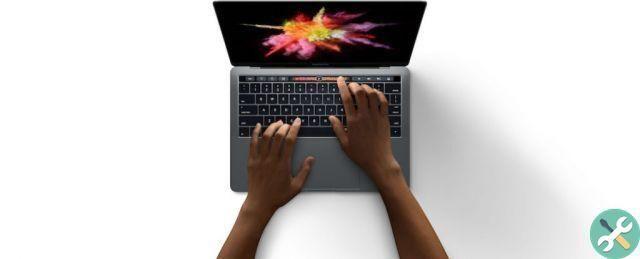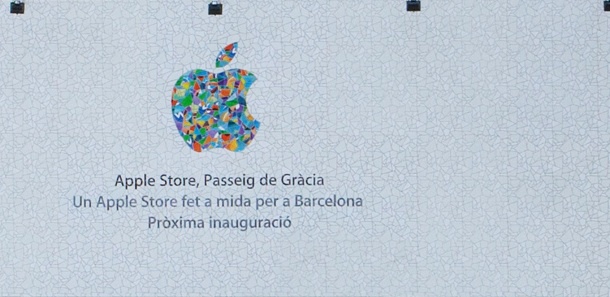In the series of articles on the wars of Apple we have not included a heading: the control of its platforms, which while it may seem the same as the wars of the App Store, its dynamic is much deeper and integrated into Apple's DNA.
It is a question of philosophy that stems from its own foundation (probably infused with the personality of Steve Jobs, a control freak, especially in his early decades of leadership). Apple must check its product to ensure the highest quality, integration, design, etc.
It is true that this is what allows you to create products such as iPhone, Mac M1, the App Store, etc. they offer one. a quality experience far superior to what the competition can get, which does not have that control over every production segment. In essence, this is what originally made the Macintosh the Macintosh, while Windows, weighed down by the need to be compatible with each of the possible variants a PC manufacturer could build, lost quality as it gained "weight" in installation, becoming the monster. unmanageable that everyone knows.
The ugly face of that iron control over experience is found when the attitude turns into intolerance, stubbornness, fear of change, etc. forcing them to sacrifice everything that has not been "sanctified" by Apple for violating their idea of how their property should be respected.
What is Corellium?

Corellium was born in 2017 and creates a platform that allows its customers to use virtual iPhone simulators on their computers. This is critical to the work of those operating in security, as it allows them to discover bugs and vulnerabilities in iOS (at the moment, there is no doubt that due to demand, any mention of iOS virtualization has disappeared from its website).
Corellium software creates a digital replica of iOS, iTunes and user interface elements, through a proprietary virtual web platform, created by Corellium, with an exact copy of iOS to allow security researchers to find errors.
According to the Washington Post, Apple tried to buy Corellium in 2018. When negotiations stalled, Apple filed a lawsuit to kick the startup off the market.
The request
Apple filed a lawsuit against the virtualization company in 2019 for copyright infringement. Since then, Apple has continued to increase its pressure on Corellium, demanding the records of those who have used the iOS emulation platforms.
Corellium claims its software helps Apple by making it easier for security professionals to screen for bugs and has also accused Apple of using the lawsuit to "increase its jailbreak ring."
The lawsuit has had the effect of frightening security researchers who use the Corellium platform, as you never know what retaliation you might expect from Apple against those who use “non-grateful” platforms.
Phrase
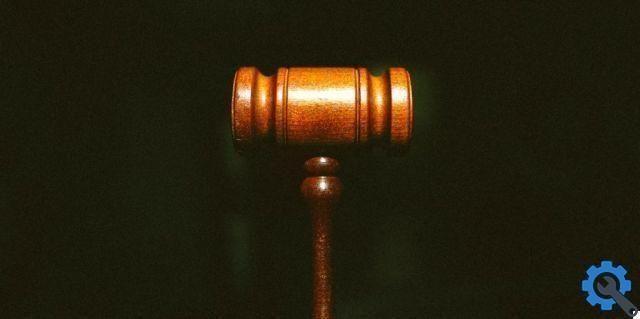
Judge Rodney Smith ruled that Apple's allegations that Corellium infringed its intellectual property are unsubstantiated, ruling that Corellium's use of the code falls under what is considered “fair use”.
This was Corellium's defense: that its use of Apple's code was strictly to be able to create the service, using only the functions it needed.
The judge says "Since the beginning of the protection of intellectual property, the courts have recognized that certain opportunities must be respected so that the protected materials can be legitimately used to achieve the goal of protection, which is" the progress of the sciences and the arts. ".
“There is evidence in the logs to support Corellium's position that its product is intended for security research and, as Apple admits, can be used for security research. In addition, Apple itself could have used the product for internal testing had it been successful in acquiring the company. "
The judge dismissed Apple's claim that Corellium did not impose an obligation to notify Apple of the results that were performed on its platform, since not even Apple itself enforces this in its rewards program.
Furthermore, Apple assures that Corellium bypassed Apple's security measures to create its software, thereby violating the Digital Millennium Copyright Act (which penalizes those technologies designed to circumvent the protections of protected works), which has not yet been disabled. so that process continues.
The Apple Rewards program
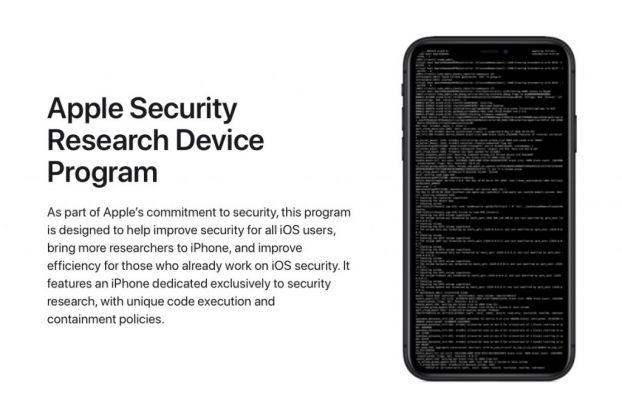
As a "countermeasure," Apple has launched its own rewards program for researchers who report bugs and vulnerabilities in operating systems.
When a researcher enrolls in the program, he receives a Security Research Device (SRD - Security Research Device) which must be used in a controlled environment solely for security research. Allows access to the Shell and use of any tools with the necessary permissions. Otherwise, the SRD behaves identically to a standard iPhone.
Cause antitrust
This is where the antitrust lawsuits that are taking place against Facebook and Google take on importance, as one of the main aspects of these investigations is the purchase of any company that could lead to competition, so that they never pose a threat.
While Corellium cannot be considered competition from Apple, strictly speaking, the truth is that Apple, like any giant, is tempted to deactivate anything it doesn't like through assimilation (via purchase).
The Corellium case is a clear example of how the majors use their power and resources (both with money and with legal action) to eliminate inconvenience. Apple's drive to control is particularly dangerous in this respect and deserves to be watched (and feel watched) closely.
Conclusion
It is almost certain that Apple will run out of all legal resources available to try to reverse this phrase that not only leaves someone "alive" who does something they don't like but could serve as an example and support for other "fair use" licensed initiatives. thus decreasing the control that Apple has on all platforms together.
It is correct that, when justified, the courts disrupt Apple's push for control.
Although in some later case, or through the use of the Digital Millennium Copyright Act (as we found it translated) which did so much damage due to its general nature and clearly inclined to protect the status quo, Apple manages to reverse this sentence and to prevent its platforms from being emulated by third parties, Apple needs to know that it can't do what it wants without being held accountable.
A lesson in humility that would do him good to learn, for future cases.




